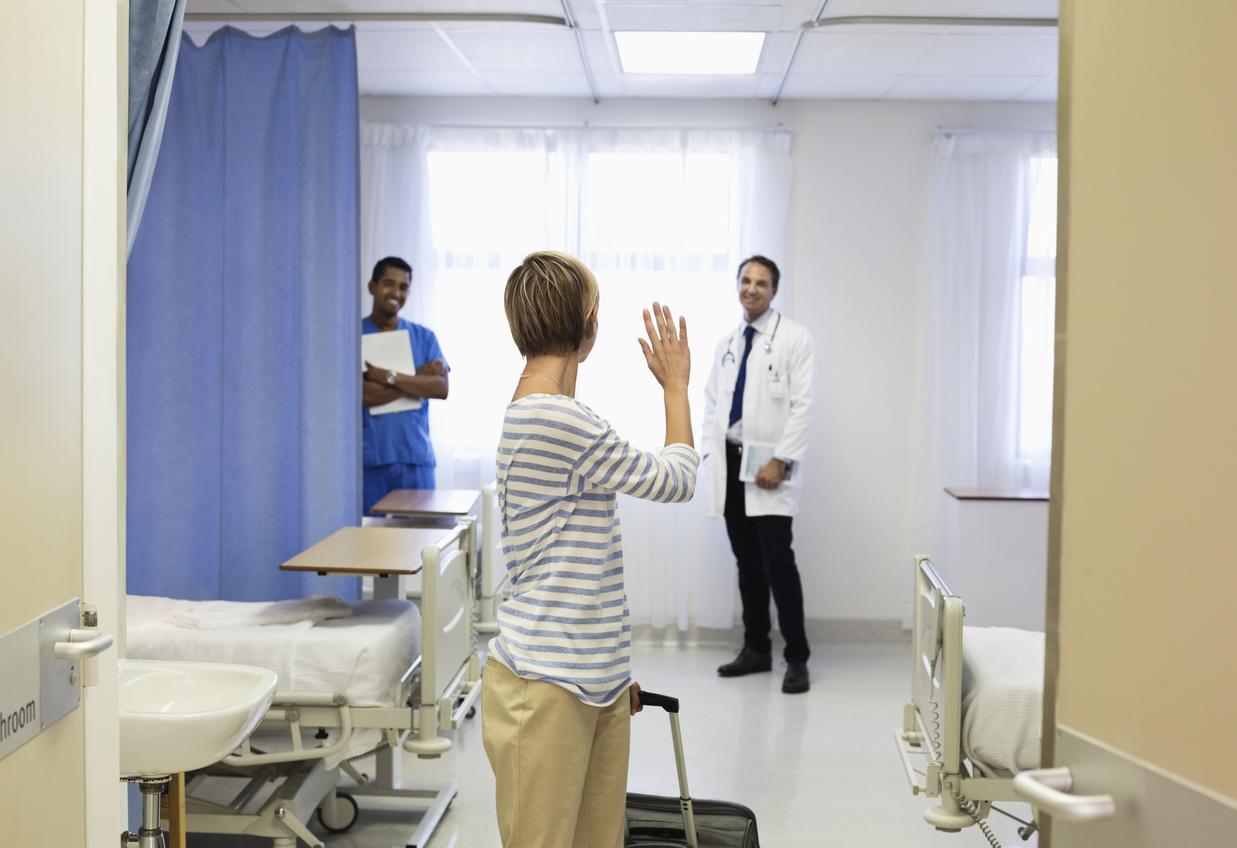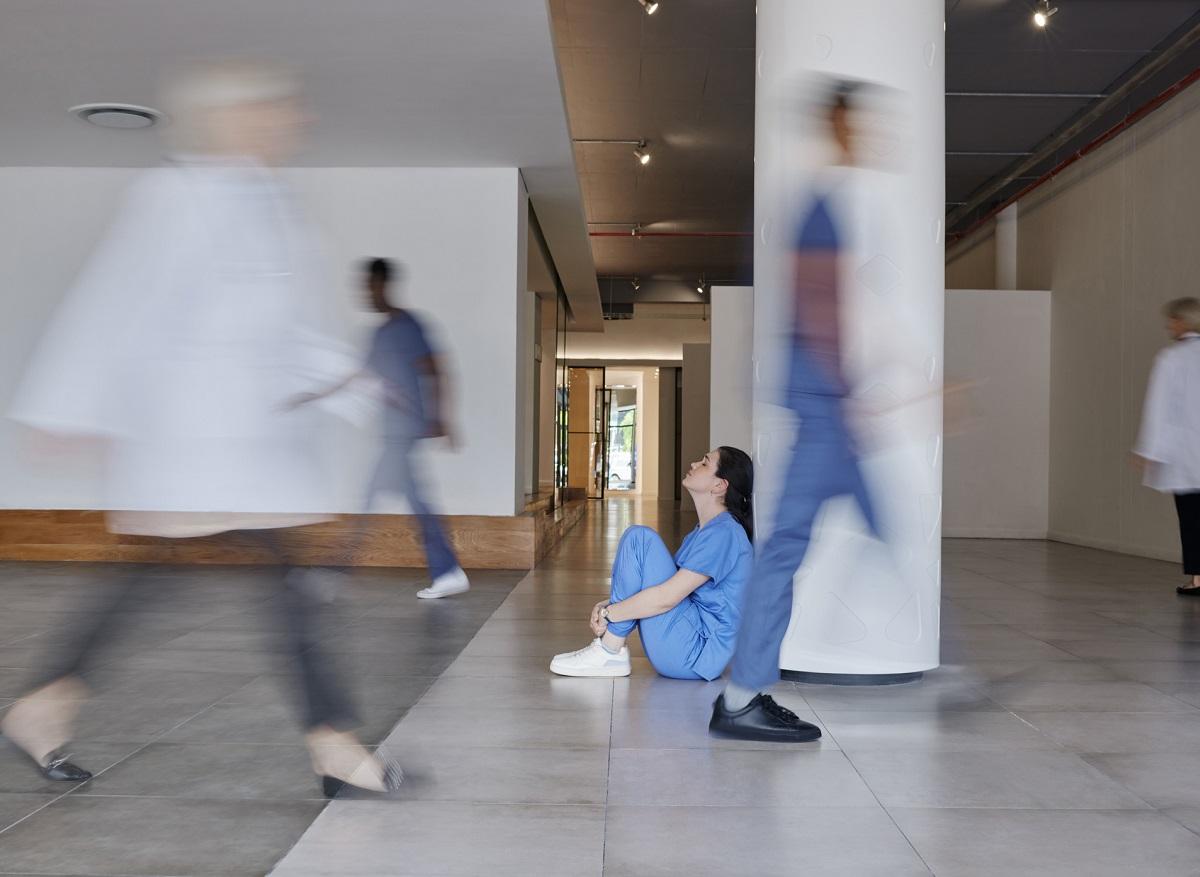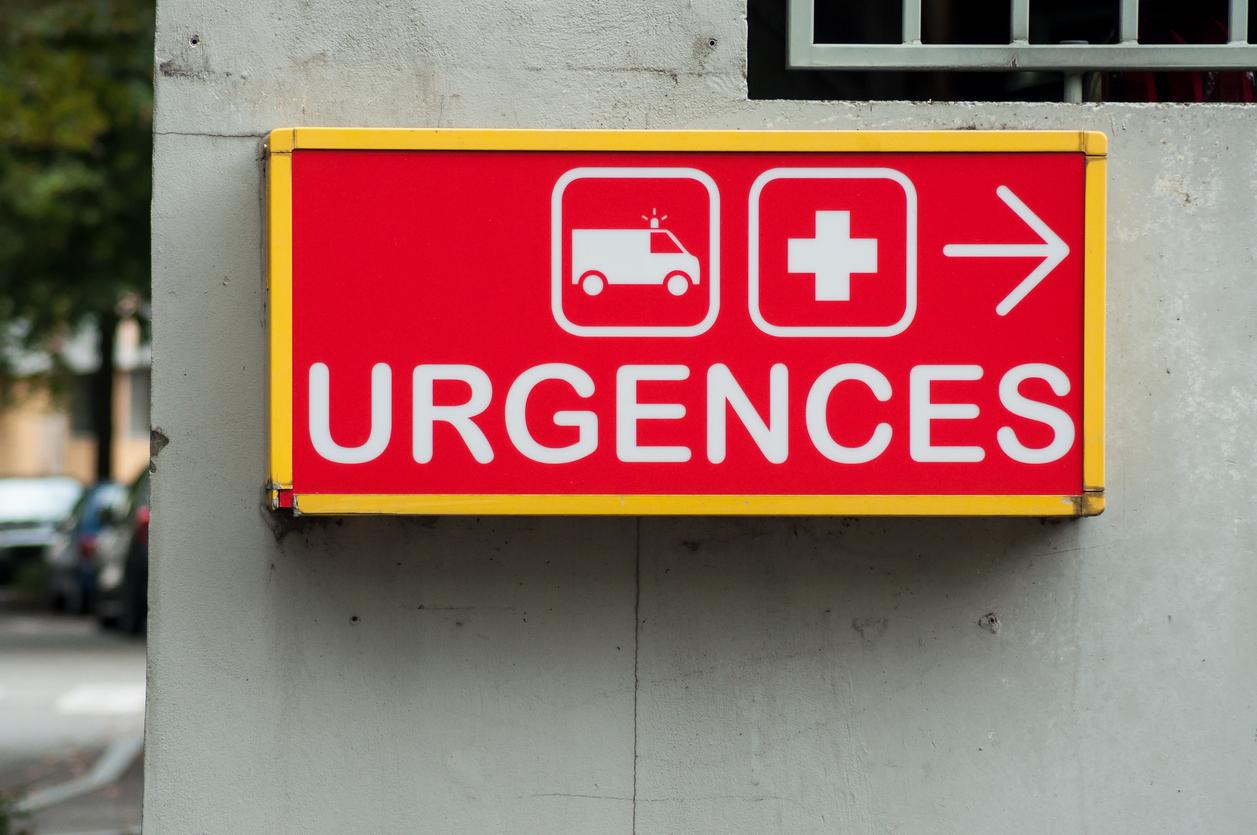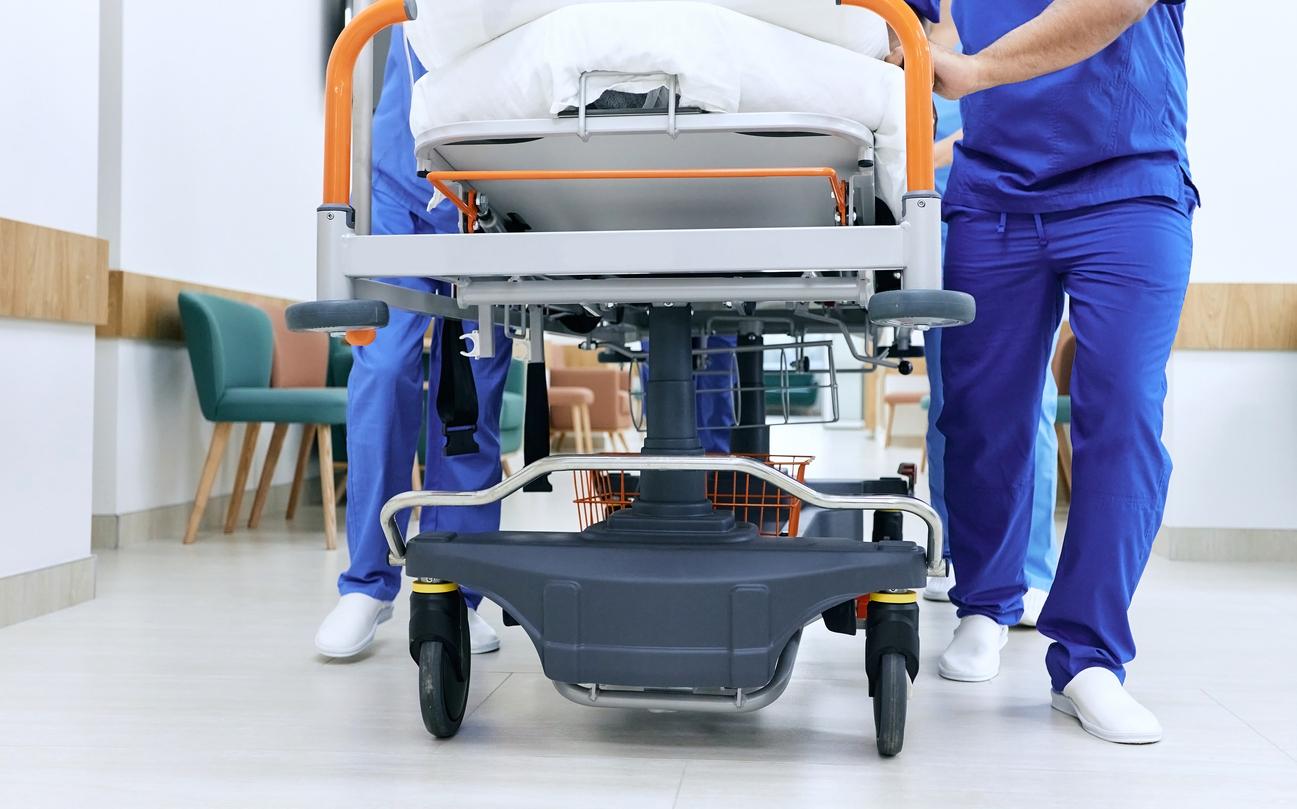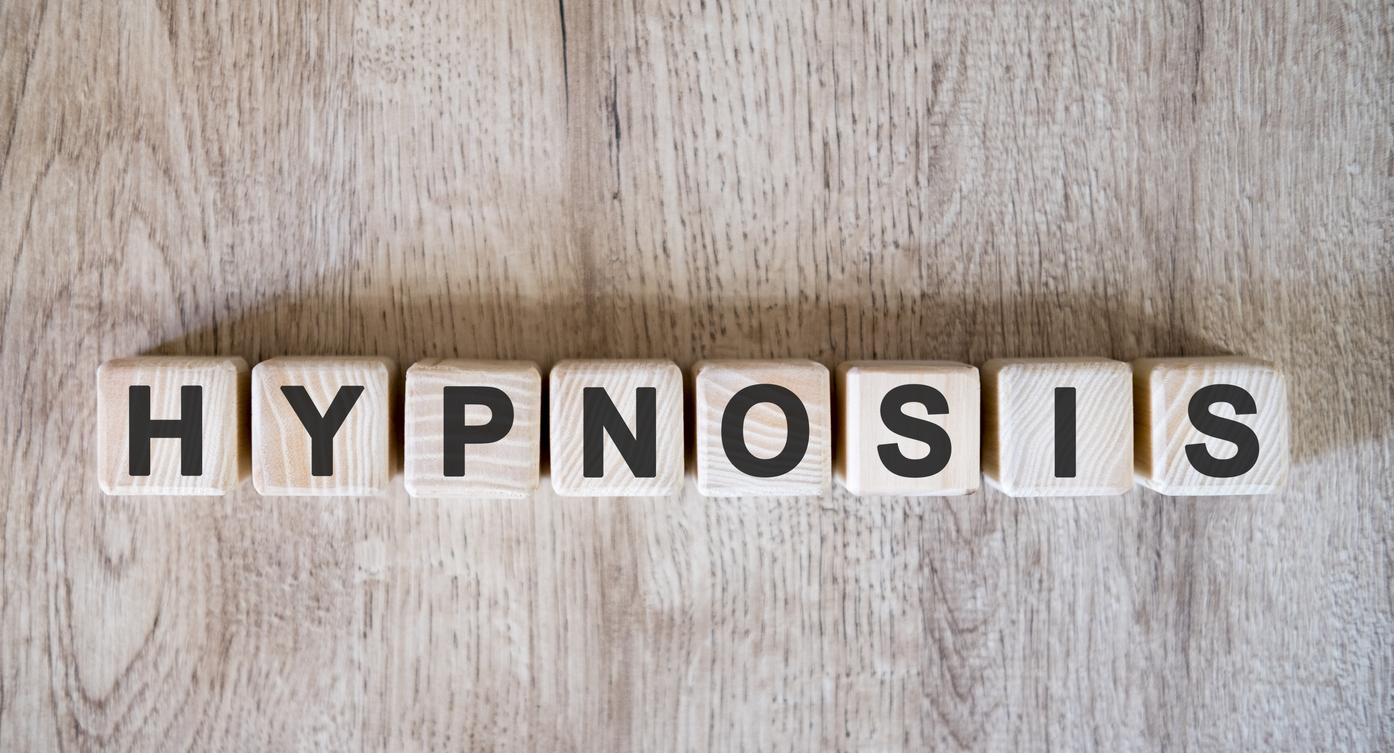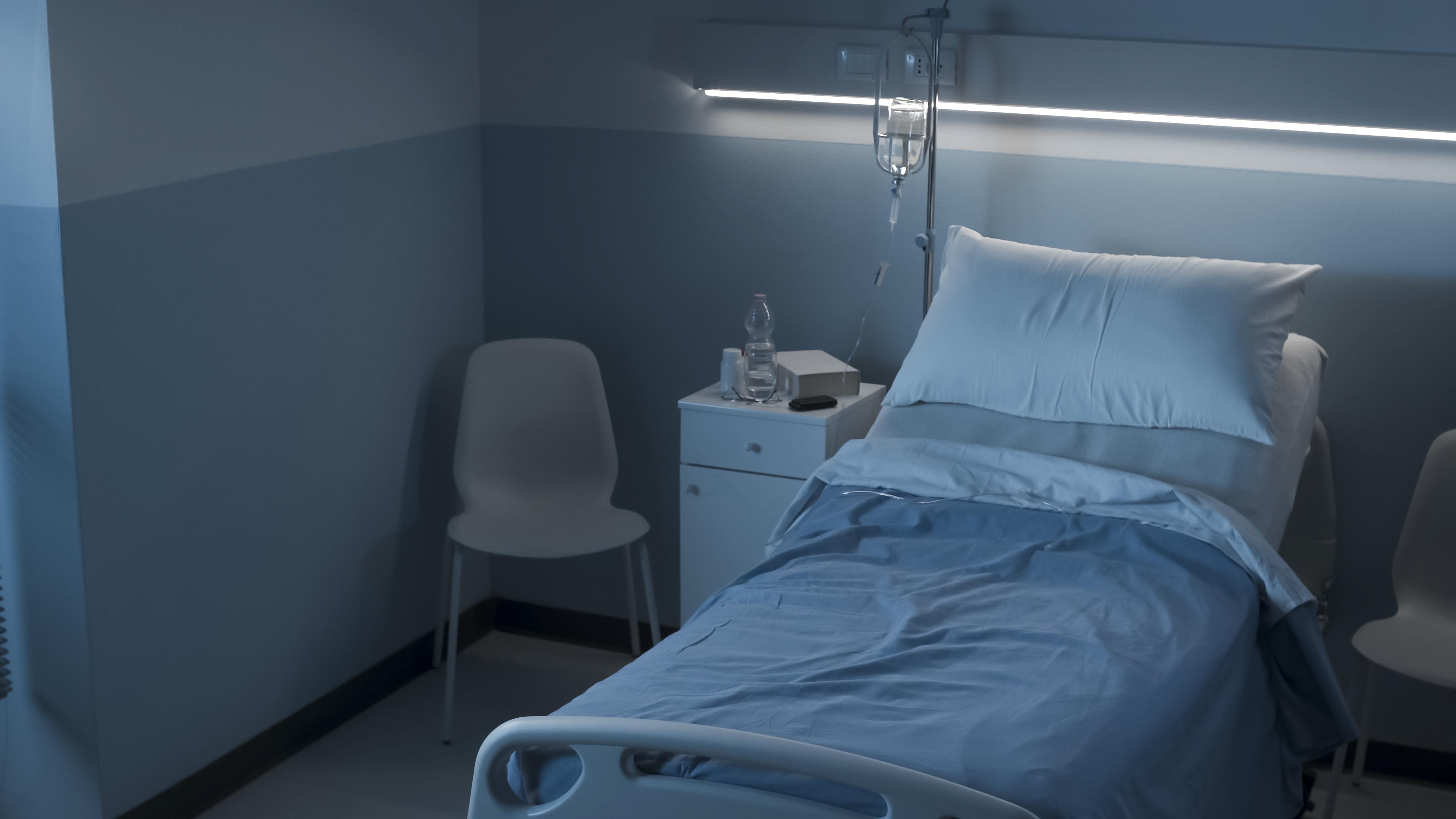This Monday, May 25, the Ministry of Health is launching the “Ségur de la Santé”. Improving the working conditions of caregivers and their remuneration and better care for the sick are notably on the program of this consultation promised by Emmanuel Macron at the heart of the Covid pandemic.

- With the Ségur de la Santé, the government will try to provide solutions to the hospital in crisis.
- Increase in the salaries of caregivers, revaluation of careers, investment in equipment and recovery of the debt of hospitals are notably on the program.
- After several months of an unprecedented health crisis, caregivers await the executive at the turn.
The world of health awaits the government at the turn. This Monday, May 25, after two weeks of deconfinement and the beginning of an improvement in the health crisis, the Minister of Health, Olivier Véran, is launching the “Ségur de la Santé”. Union officials and groups of caregivers, representatives of hospitals, nursing homes, social medical establishments or even city medicine, will meet by videoconference from 3:30 p.m. to kick off this vast consultation. The latter will aim in particular to respond to the “massive plan for investment and upgrading of the hospital”promised by Emmanuel Macron at the end of March in the midst of a coronavirus pandemic.
Improving the working conditions of carers and their remuneration and better care for the sick are notably on the program. The name “Ségur” was chosen because of one of the entrances to the Ministry of Health, which is located on avenue de Ségur, in the 7and district of Paris. The discussion will be led by the former leader of the CFDT, Nicole Notat, and some of the measures adopted will have to be integrated into the next Social Security budget.
In detail, priority should be given to increasing the salaries of health personnel. “It is urgent (…) The government must live up to what the hospital workers have given” to deal with Covid-19. “We must give recognition to nurses, nursing assistants, maintenance workers, by offering them more decent remuneration, from the start of their career. This must be commensurate with their social utility”, challenges Frédéric Valletoux, the president of the French Hospital Federation (FHF) in the JDD. Unions have been calling for years for higher hospital salaries, especially for nurses who earn €1,500 net a month at the start of their career, which is one of the lowest levels in OECD countries. Here, the objective will therefore be for them to reach an equivalent level of remuneration “to the European average“, promised Olivier Véran. This salary increase should affect both hospitals and nursing homes.
Revaluation of quarries, purchase of equipment, recovery of debt…
Another promise from the Ministry of Health: “Review the framework for organizing working time in the hospital”. For Olivier Véran, it is not about “deregulate working time” but to allow “to employees who wish” to organize “their working time differently”. For a long time, the FHF has been calling for a “advanced autonomy device” for hospitals. “It is necessary to be able to get out of the national straitjacket to introduce derogations from the 35-hour week while respecting social dialogue”explains Frédéric Valletoux to the Sunday newspaper.
The executive also promised to look into the “question of skills development”for “better promote all careers, all trades and develop new career paths”. Here, the objective will be to strengthen the attractiveness of hospitals that are struggling to recruit and retain their employees. Among nurses, “30% of new graduates leave the profession within five years”, assures Thierry Amouroux, spokesperson for the SNPI. In hospitals, thousands of positions are to be filled, which forces establishments to close beds or hire temporary workers, a very expensive alternative because the latter require remuneration higher than the salary scales.
What’s more, the government has promised to fight the “over-administration” that plagues hospitals by giving more weight to doctors. “Our healthcare system is not yet focused enough on the patient, on his journey. He is not efficient enough in his driving either”notably challenged Olivier Véran, without giving much more information on this subject.
‘Not mocking’ caregivers ‘with broken promises’
Regarding the material, the Minister of Health promised a “massive investment” for hospitals and nursing homes, without specifying the amount of the envelope. The FDH would like an increase in investment in the hospitals of “two billion a year. Finally, the issue of hospital debt, now close to 30 billion euros, should be addressed. As part of the “hospital plan” of autumn 2019, the government announced a debt recovery of 10 billion euros over three years. Last Wednesday, during the Council of Ministers, Olivier Véran had this time mentioned a “effort of 13 billion euros”.
Thus, the Ségur de la Santé project is vast and the medical world at bay. “Mr. President, show us that we can count on you”challenged a collective of caregivers and paramedics, in a letter addressed to Emmanuel Macron, in Release. “Exhausted fighters will desert if the ‘massive plan’ you announced, Mr. President, is not up to the challenge”they warn, before establishing a list of proposals to set up a “true public service” of health.
“The real tribute to caregivers would be not to make fun of them with broken promises”meanwhile warned Frédéric Valletoux in the Sunday newspaper. Asdine Aissiou, CGT delegate at Pitié-Salpêtrière, quoted by France info adds: “We will wait to see if the government keeps its commitments.”. Otherwise, “in the street, there will not only be white coats, but all those who were on the balconies”.

.










